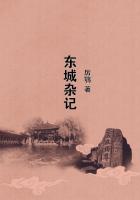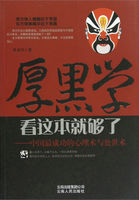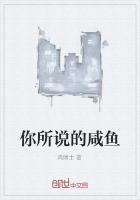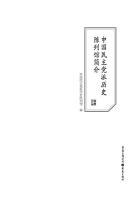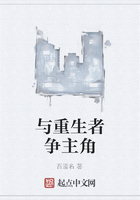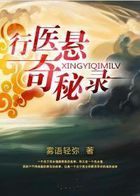ELEMENTS.
1. All the contents of psychical experience are of a composite character.
It follows, therefore, that psychical elements, or the absolutely simple and irreducible components of psychical phenomena, can not be found by analysis alone, but only with the aid of abstraction. This abstraction is rendered possible by the fact that the elements are in reality united in different ways. If the element a is connected in one case with the elements b, c, d . . ., in another with b', c', d' . . ., it is possible to abstract it from all the other elements. because [sic] none of them is always united with it. If, for example, we hear a simple tone of a certain pitch and intensity, it may be located now in this direction, now in that, and may be heard, alternately with various other tones. But since the direction is not constant, or the accompanying tone the same, it is possible to abstract from these variable elements, and we have the single tone as a psychical element.
2. As products of psychical analysis, we have psychical elements of two kinds, corresponding to the two factors contained in immediate experience ( 1, 2), the objective contents and the experiencing subject. The elements of the objective contents we call sensational elements, or simply sensations: such are a tone, or a particular sensation of hot, cold, or light, when we neglect for the moment all the connections of these sensations with others, and all their spacial and temporal relations. The subjective elements, on the other hand, are designated as affective elements, or simple feelings. We may mention as examples the feelings accompanying sensations of lightt, sound, taste, smell, hot, cold, or pain, the feelings aroused by the sight of an agreeable or disagreeable object, and the feelings arising in a state of attention or at the moment of a volitional act. Such simple feelings are in a double sense products of abstraction: each is connected with an ideational element, and is furthermore a component of a psychical process which occurs in time, and during which the feeling itself is continually changing.
3. The actual contents of psychical experience always consist of various combinations of sensational and affective elements, so that the specific character of the simple psychical processes depends for the most part not on the nature of these elements so much as on their union into composite psychical compounds. Thus, the idea of an extended body or of a temporal series of sensations, an emotion, and a volition, are all specific forms of psychical experience. But their character as such is as little present in their sensational and affective elements as the chemical properties of a compound body can be defined by recounting the properties of its chemical elements. Specific character and elementary nature of psychical processes are, accordingly, two entirely different concepts. Every psychical element is a specific content of experience, but not every specific content of immediate experience is at the same time a psychical element. Thus, especially spacial and temporal ideas, emotions, and volitional acts, are specific but not elementary processes. Many elements are present only in psychical compounds of a particular kind, but since these compounds regularly contain other elements as well, their special characteristics are to be attributed to the mode of union, rather than to the abstract attributes, of their elements. Thus, we always refer a momentary sound-sensation to a definite point in time. This localization in time, however, is possible only by relating the given sensation to others preceding and following it, so that the special character of the time-idea can not arise from the single sound-sensation thought of as isolated, but only from its union with others. Again, an emotion of anger or a volition contains certain simple feelings that are never present in other psychical compounds, still each of these processes is composite, for it has duration, in the course of which particular feelings follow one another with a certain regularity, and the process itself is not complete without the whole train of these feelings.
4. Sensations and simple feelings exhibit certain common attributes and also certain characteristic differences. They have in common two determinants, which we call quality and intensity. Every simple sensation and every simple feeling has a definite qualitative character that marks it off from all other sensations and feelings; and this quality must always have some degree of intensity. Accordingly, we distinguish the different psychical elements from one another by their qualities, but regard the intensity as the quantitative value which in any concrete case belongs to the given element. Our designations of psychical elements are based entirely upon their qualities; thus, we distinguish such sensations as blue, grey, yellow, hot, and cold, or such feelings as grave, cheerful, sad, gloomy, and sorrowful. On the other hand, we always express the differences in the intensity of psychical elements by the same quantitative designations, as weak, strong, medium strong, and very strong. These expressions are in both cases class-concepts which serve for a first superficial arrangement of the elements, and each embraces an unlimitedly large number of concrete elements. Language has developed a relatively complete stock of names for the qualities of simple sensations, especially for colors and tones. Names for the qualities of feelings and for degrees of intensity are far behind. Clearness and obscurity, as also distinctness and indistinctness, are sometimes classed with quality and intensity. But since these attributes, as will appear later (§ 15, 4), always arise from the interconnection of psychical compounds, they can not be regarded as determinants of psychical elements.



